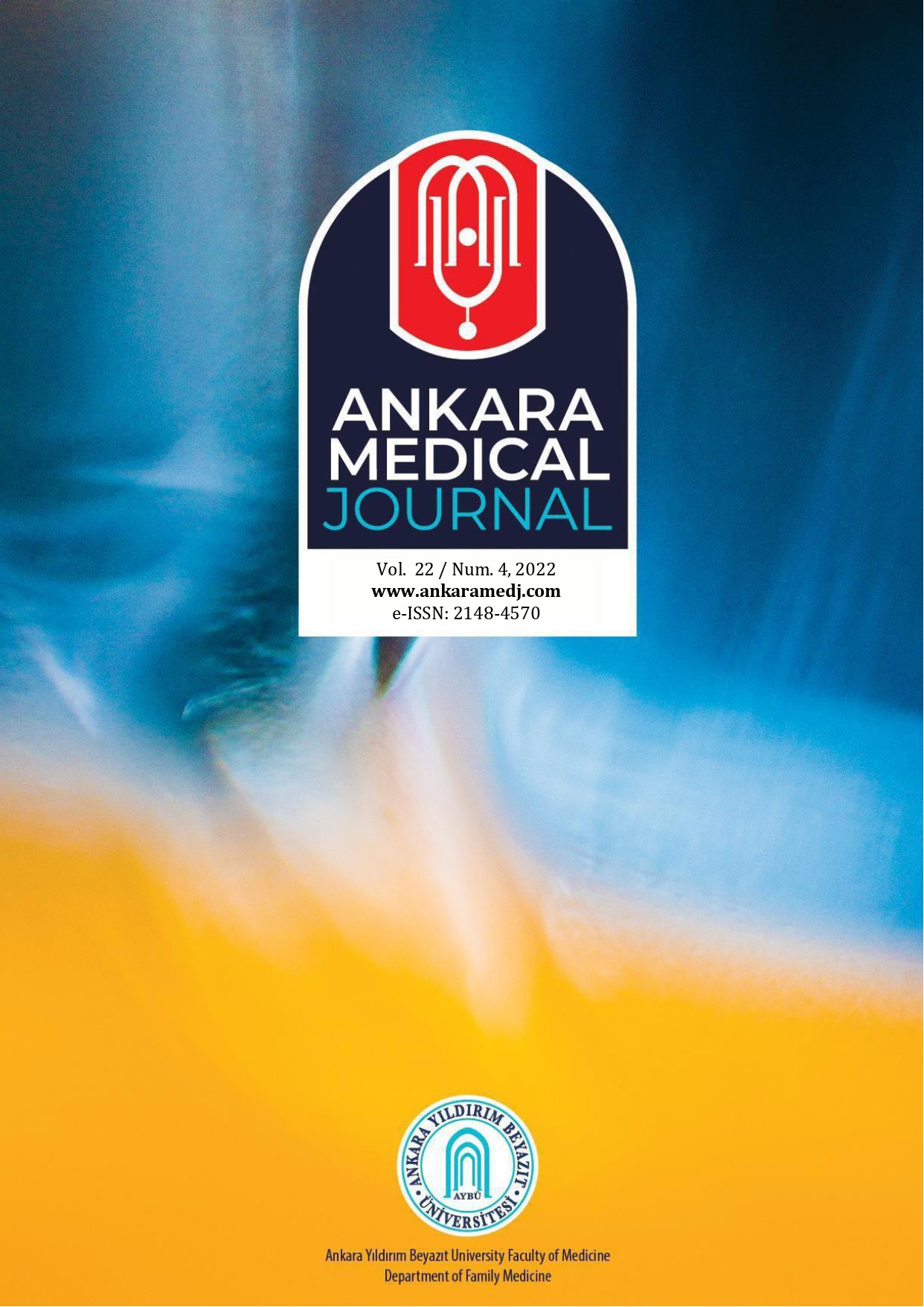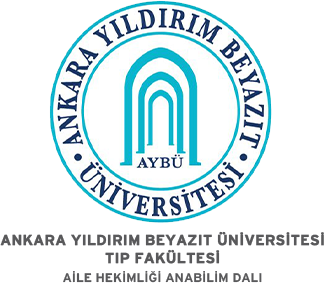A Survey Study of Covid-19 Vaccine Hesitancy of Relatives of Patients Admitted to a Training and Research Hospital in Istanbul
Hilal Özkaya1, Sibel Baktır Altuntaş1, Mücahit Kapçı21Başakşehir Çam And Sakura City Hospital. Family Medicine Department2Başakşehir Çam And Sakura City Hospital. Emergency Medicine Department
INTRODUCTION: Treatment and immunization studies of the COVID-19 infection are still ongoing. Vaccine hesitancy or refusal, which is an important public health problem, has also come to the fore as a factor that negatively affects community immunization during the COVID-19 pandemic. In this study, it was aimed to analyze the thoughts and attitudes of the relatives of patients who were under observation in the hospital due to COVID-19 in the second wave of the pandemic, whether they should have the COVID-19 vaccine or not, and the factors that caused it.
METHODS: The study was carried out between 20.12.2020-20.01.2021 in Başakşehir Çam and Sakura City Hospital COVID-19 Emergency Clinic Yellow Zone. A 25-question questionnaire was applied to a total of 429 relatives of patients who gave consent to the study.
RESULTS: While 40.09% of the participants were considering getting the COVID-19 vaccine, 24.94% were not thinking, and 34.97% were not sure. Those who were positive about getting vaccinated mostly (69%) stated that they were worried about the serious infection of COVID-19 infection, and nearly half of those who did not plan to have the vaccine stated that they made this decision because the content of the vaccine was unknown. When asked which sources they trust more about COVID-19 and its vaccine, they said that they trust the official statements at the highest rate and then their family physician.
DISCUSSION AND CONCLUSION: The most effective method of protection against COVID-19 infection is vaccination. The fact that family physicians are the second source that people trust should be considered as a great opportunity for vaccine hesitancy and refusal problems.
Keywords: COVID-19, immunization, vaccination refusal, family physician.
Manuscript Language: English
(745 downloaded)





